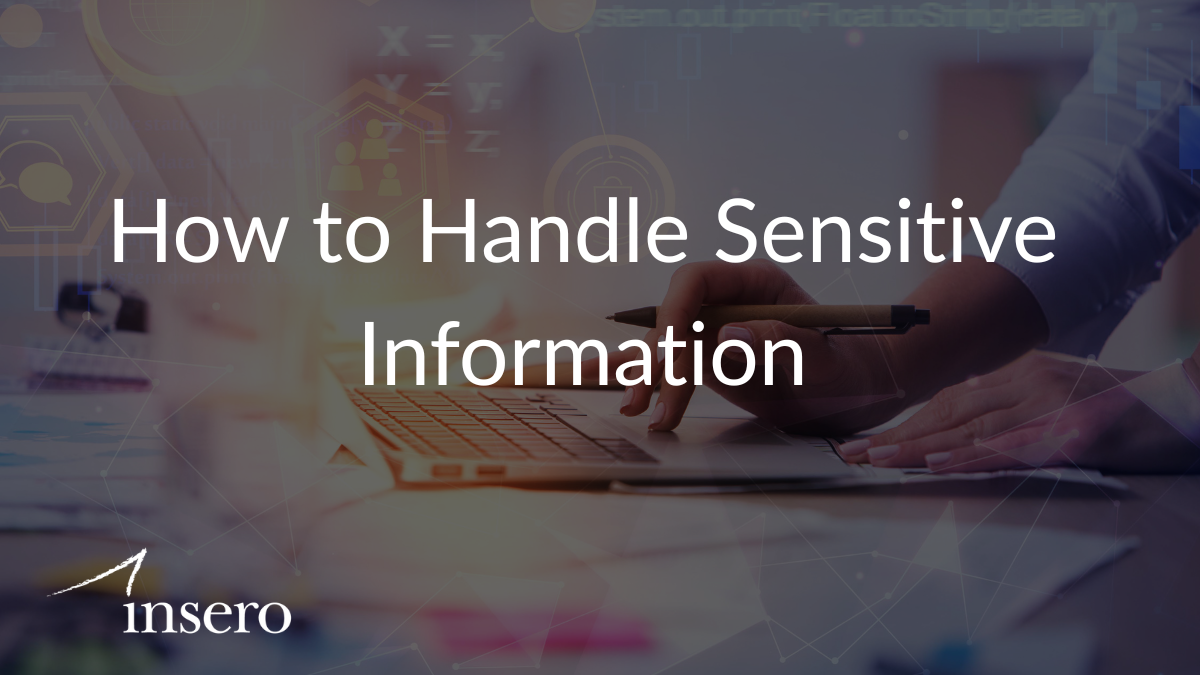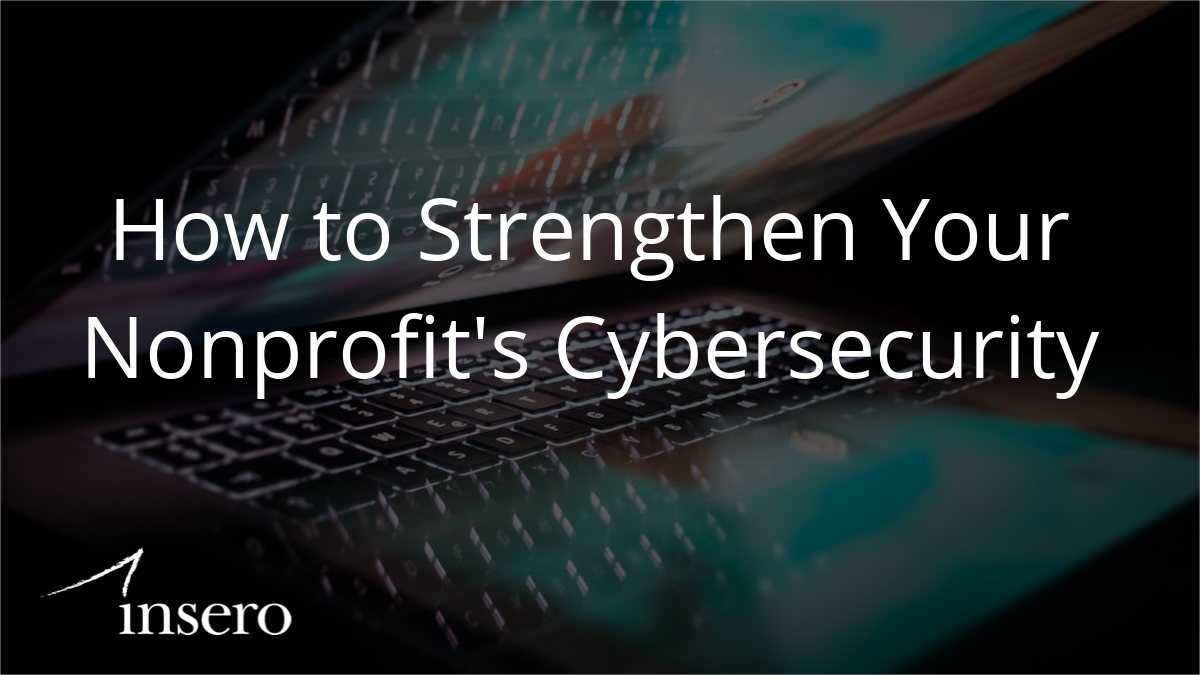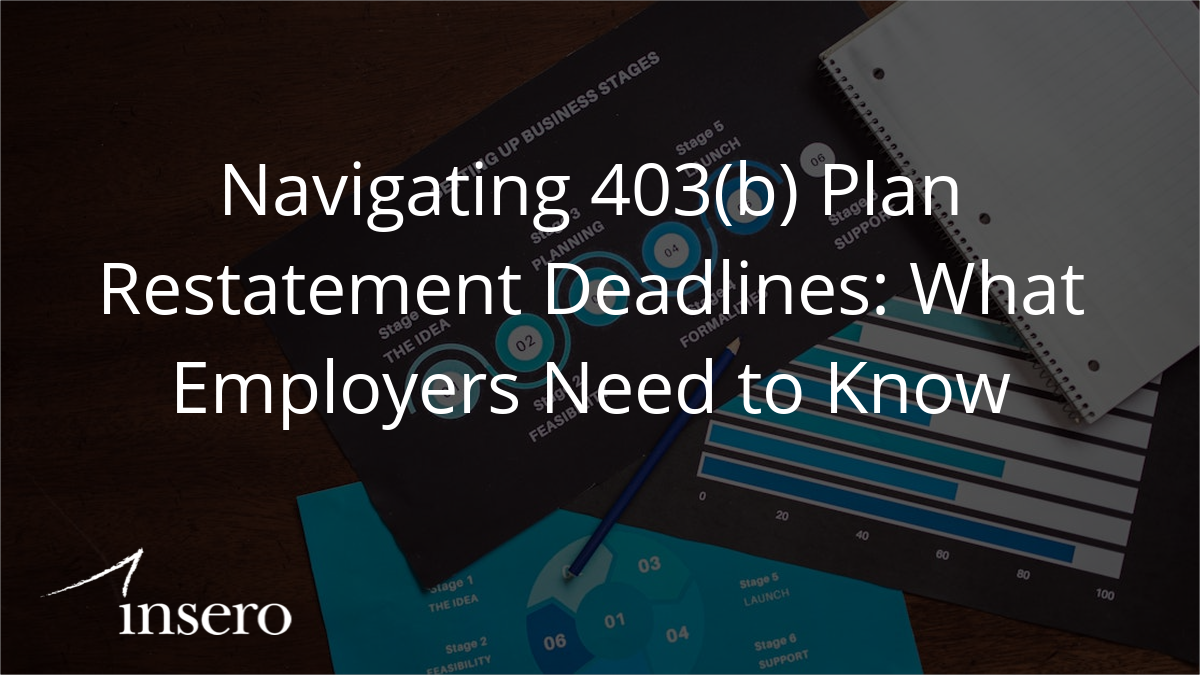ARTICLE | June 15, 2023
Executive summary: Many NIL collectives will not qualify as tax-exempt organizations described in section 501(c)(3)
In GLAM 2023-004, a generic legal advice memorandum (GLAM) issued by IRS Chief Counsel to the Tax Exempt & Government Entities Division, the IRS concluded that many organizations developing paid name, image, and likeness (NIL) opportunities for collegiate student-athletes will not qualify as an organization described in section 501(c)(3) because the activities generally will serve the private interests of the student-athletes, constituting a substantial non-exempt purpose.
GLAM evaluates NIL collectives as public charities
Background
In 2021, the National Collegiate Athletic Association (NCAA) adopted an interim policy permitting student-athletes to be compensated for use of their NIL without impacting their NCAA eligibility. The policy prohibits NIL agreements without quid pro quo (i.e., compensation for work not performed) and agreements in which compensation is contingent upon enrollment at a particular school or athletic participation or achievement.
Since the NCAA’s adoption of the NIL policy, many organizations operating independently of affiliated universities, generally referred to as “NIL collectives,” have been established to develop and fund, or otherwise facilitate, NIL deals for student-athletes. Some NIL collectives are formed as nonprofit entities under state law and have applied for and received recognition of tax-exempt status under section 501(c)(3), while others have been established through a fiscal sponsorship agreement or as an activity or program of an existing section 501(c)(3) organization that supports the affiliated university or its athletic program.
General section 501(c)(3) principles
To be described in section 501(c)(3), an organization must be organized and operated exclusively for one or more exempt purposes (e.g., charitable, educational, religious, etc.). Benefits to private interests that are incidental to an organization pursuing its exempt purpose generally will not cause an organization to impermissibly serve private interests. However, where an organization serves both public and private interests, the private benefit must be clearly incidental, both qualitatively and quantitatively, to the overriding public interest.
GLAM 2023-004: activities of NIL collectives and section 501(c)(3)
Nonprofit NIL collectives generally serve two purposes: (1) raising awareness and supporting the mission of the collective and its charitable partners; and (2) compensating student-athletes for use of their NIL in the collective’s activities. Some NILs are informing donors that student-athletes will receive anywhere from 80-100 percent of all compensation for NIL rights, and others are establishing endowments to support the payments to student-athletes.
Qualitatively incidental
Compensating student-athletes for use of their NIL is a fundamental part of a collective’s activities. Moreover, benefits received by these student-athletes extend beyond compensation: relief of transaction and compliance costs to participate in NIL deals, financial planning, tax assistance, legal advice, and personal brand development. These activities primarily provide a private benefit to the student-athletes, are not necessary to the promotion and marketing of charitable causes and, therefore, are not incidental to the promotion of exempt purposes.
Furthermore, student-athletes are not themselves a recognized charitable class. Although benefits provided to student-athletes that advance education may constitute activities that further exempt purposes, there is no indication that the compensatory payments made by these collectives to student-athletes in exchange for services and their NIL further educational purposes. Other factors suggesting that the primary purpose of a collective is to compensate student-athletes include the following: informing donors that a significant percentage of a contribution will be paid to student-athletes; notifying the public that all athletes on a particular team or who play a particular position will earn a specified level of compensation; and permitting donors to designate an athletic team to support without an option to designate a charitable program.
Because the private benefit in these cases is not incidental in a qualitative sense and because a single and substantial non-exempt purpose precludes exemption, the GLAM concludes that such collectives are not organized and operated exclusively for exempt purposes.
Quantitatively incidental
Activities engaged in by the collectives typically include social media marketing, camps, and speaking engagements, among others. While the public benefit of these activities will vary, the student-athletes will derive a private benefit by being compensated for engaging in such activities. The GLAM concludes that where collectives pay anywhere in the 80-100 percent range (as some have stated), the private benefit to the student-athletes is substantial and not quantitatively incidental.
Conclusion
Applying section 501(c)(3) principles to nonprofit NIL collectives, the GLAM concludes that many organizations that develop paid NIL opportunities for student-athletes are not tax-exempt and described in section 501(c)(3) because the private benefits provided to student-athletes are not qualitatively or quantitatively incidental to any exempt purpose furthered by that activity.
RSM takeaways
The GLAM is not precedential guidance that can be cited by taxpayers or the IRS. However, it is an indication of the IRS’s position on whether NIL collectives qualify for exempt status. The GLAM leaves open the possibility for NIL collectives to qualify as section 501(c)(3) organizations if the activities are primarily educational or conducted for the relief of the poor or distressed. For example, the GLAM suggests that payments to student-athletes that are reasonably calculated to meet financial needs could satisfy a charitable exempt purpose.
For existing NIL collectives that previously obtained tax-exempt status as organizations described in section 501(c)(3), a footnote in the GLAM states that the IRS is reconsidering their determinations of exempt status and, where appropriate, revoking exempt status on a prospective basis only.
Let’s Talk
Fill out the form below and we’ll get back to you to discuss your specific situation.
This article was written by Alexandra O. Mitchell, Morgan Souza and originally appeared on 2023-06-15. Reprinted with permission from RSM US LLP.
© 2024 RSM US LLP. All rights reserved. https://rsmus.com/insights/tax-alerts/2023/GLAM-evaluates-NIL-collectives-public-charities.html
RSM US LLP is a limited liability partnership and the U.S. member firm of RSM International, a global network of independent assurance, tax and consulting firms. The member firms of RSM International collaborate to provide services to global clients, but are separate and distinct legal entities that cannot obligate each other. Each member firm is responsible only for its own acts and omissions, and not those of any other party. Visit rsmus.com/about for more information regarding RSM US LLP and RSM International.
The information contained herein is general in nature and based on authorities that are subject to change. RSM US LLP guarantees neither the accuracy nor completeness of any information and is not responsible for any errors or omissions, or for results obtained by others as a result of reliance upon such information. RSM US LLP assumes no obligation to inform the reader of any changes in tax laws or other factors that could affect information contained herein. This publication does not, and is not intended to, provide legal, tax or accounting advice, and readers should consult their tax advisors concerning the application of tax laws to their particular situations. This analysis is not tax advice and is not intended or written to be used, and cannot be used, for purposes of avoiding tax penalties that may be imposed on any taxpayer.




